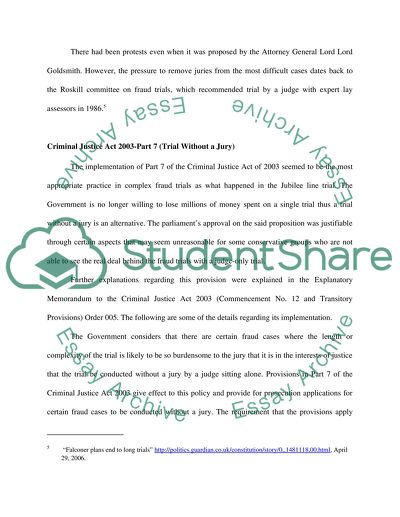Cite this document
(“Legal Systems Assignment Example | Topics and Well Written Essays - 1750 words”, n.d.)
Legal Systems Assignment Example | Topics and Well Written Essays - 1750 words. Retrieved from https://studentshare.org/law/1532093-legal-systems
Legal Systems Assignment Example | Topics and Well Written Essays - 1750 words. Retrieved from https://studentshare.org/law/1532093-legal-systems
(Legal Systems Assignment Example | Topics and Well Written Essays - 1750 Words)
Legal Systems Assignment Example | Topics and Well Written Essays - 1750 Words. https://studentshare.org/law/1532093-legal-systems.
Legal Systems Assignment Example | Topics and Well Written Essays - 1750 Words. https://studentshare.org/law/1532093-legal-systems.
“Legal Systems Assignment Example | Topics and Well Written Essays - 1750 Words”, n.d. https://studentshare.org/law/1532093-legal-systems.


